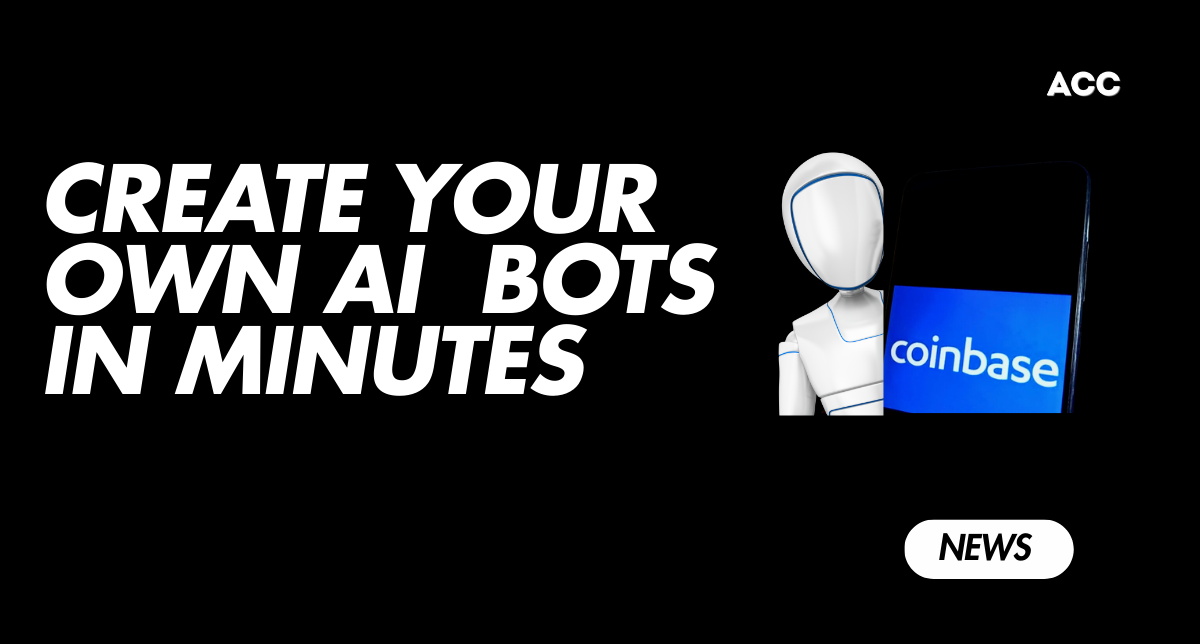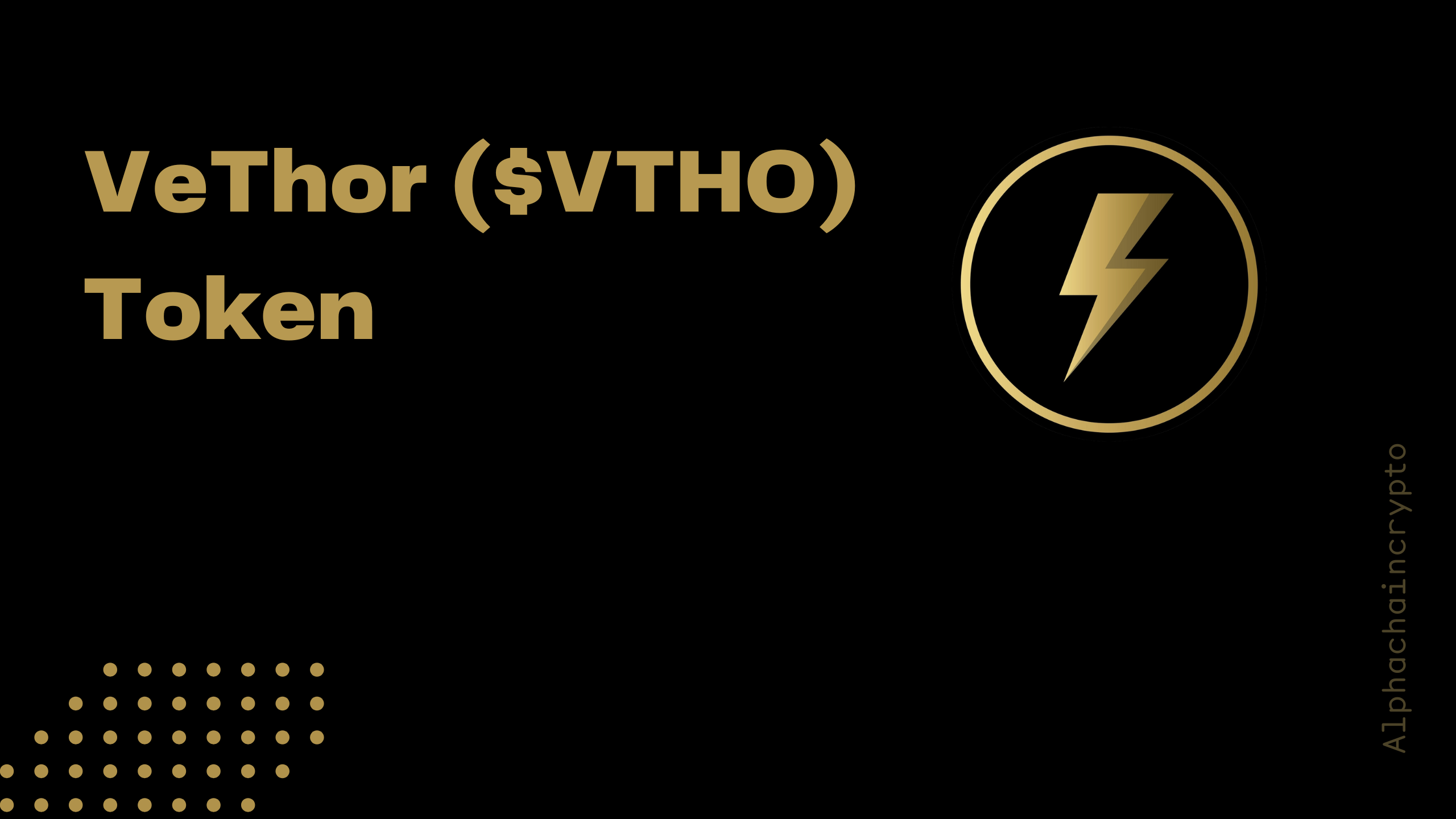Coinbase has introduced a new tool called “Based Agent,” allowing crypto enthusiasts to create AI agents integrated with wallets in under three minutes. These agents can handle on-chain activities such as trading, swapping, staking, and interacting with smart contracts.
Lincoln Murr, a developer at Coinbase, shared the news in a video posted to X (formerly Twitter) on October 26. He emphasized the ease of the process, saying, “Our goal is to make it as easy as possible to start building your own AI agent.”
AI Agents Empowered with Crypto Functions
The Based Agent acts as a template for building custom AI-powered bots that can perform tasks like trading, staking, and registering base names through smart contract access. This tool leverages Coinbase’s software development kit (SDK) and is developed in collaboration with OpenAI and Replit.
To get started, users will need an API key from Coinbase’s developer program and another from OpenAI. Additionally, they need to fork a pre-built Replit template to complete the setup process.
Coinbase’s CEO Brian Armstrong shared the post, reiterating the speed and simplicity of creating these agents: “In less than 3 minutes.”
Armstrong’s AI Vision for the Crypto World
The launch aligns with Armstrong’s recent push to integrate AI into blockchain operations. Earlier, he proposed giving an AI chatbot called “Truth Terminal” its own wallet to conduct autonomous crypto transactions. In August, Armstrong supervised his first transaction fully managed by AI agents, where bots exchanged tokens independently.
Jesse Pollak, Coinbase’s head of protocols and creator of Base, highlighted “Luna,” an AI agent that autonomously tipped users in on-chain transactions to boost engagement on X.
The Future of Blockchain with AI
As AI and crypto continue to merge, industry leaders predict a future dominated by autonomous agents. James Ross, founder of Mode Network, recently claimed that AI agents could handle over 80% of blockchain transactions within the next 6 to 12 months, potentially revolutionizing how on-chain interactions occur.

A.k.a – alpha girl. Vinita is the founder of Alphachaincrypto. An English Lit Majors, Vinita bumped into Web3 in 2020 only to realise that tech was her calling. Later, Mathreja worked for some notable brands like Near Education, Biconomy, CoinDCX and top of the line crypto start ups.





